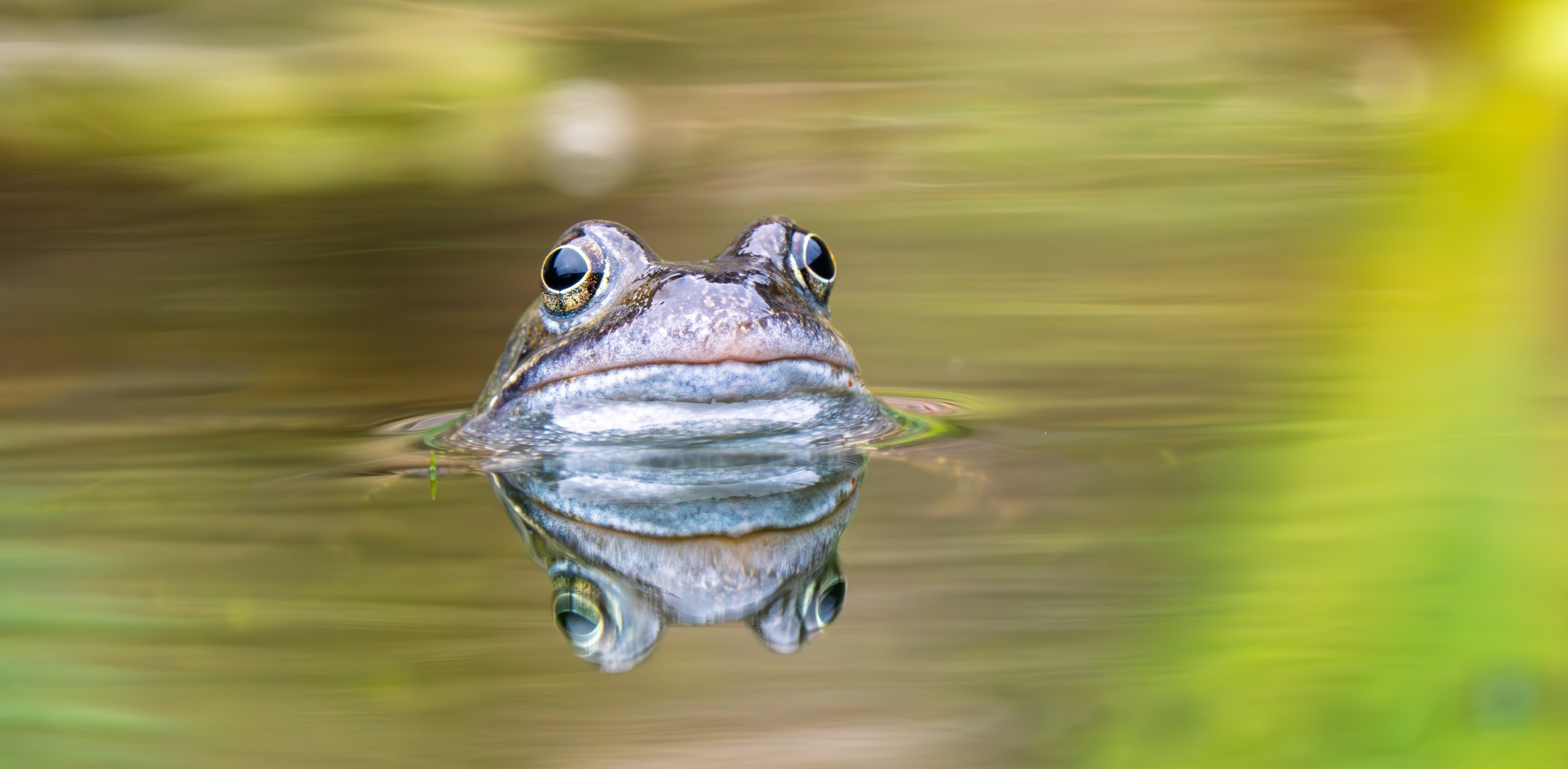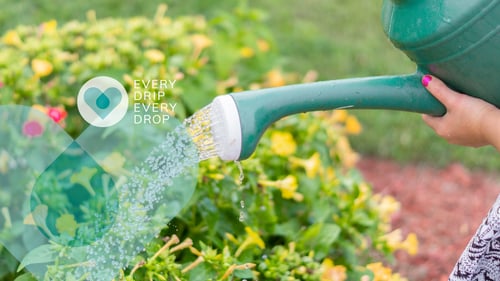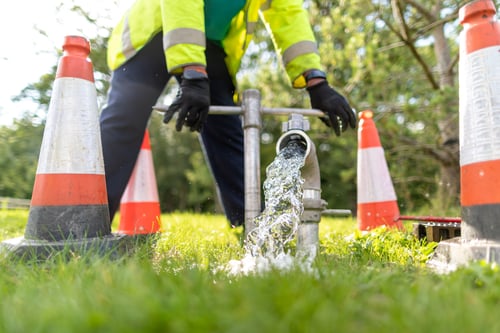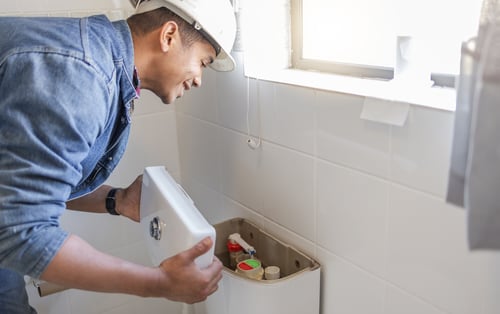
How to help nature by making your garden as wildlife friendly as possible in the warmer weather.
Here are some ideas for helping nature during a dry spell:
1. Create shady areas
Creatures love shady places when it’s hot, just like humans. If you have an overgrown patch or pile of wood in the garden, leave it be during hot weather. It will provide shelter, a cool spot and food sources like grass seed.
2. Deadhead flowers to support nectar production
Nectar gives bees and other insects the sweet nectar they need. Plants like dahlias and verbenas are great for this, but once flowers have bloomed, they usually run to seed. If you remove dead flowers and make sure plants have enough water, they’ll keep providing the nectar.
3. Keep your compost hydrated
Adding vegetable scraps to your compost heap will help keep it moist – you can add a little water (from your water butt or leftovers, ideally). This supports the worms and other insects who help break down the compost. Well-rotted compost can be used to add mulch to pots and plants, helping to avoid them drying out.
4. Make a ramp for your pond
If you have a garden pond, chances are the level will dip during hot weather. If it has steep sides, this could mean frogs and other wildlife find it hard to get out. Position a piece of wood or plants to make a wildlife access point, or top up the pond from your water butt (this is better for your pond’s ecosystem than tap water).
5. Leave out a saucer of water
You can support wildlife including bees, hedgehogs and birds by putting out a saucer of water – try to use leftover water from the home, for example by rinsing salad in a bowl rather than under the tap. Change water regularly to keep it clean.
6. Group your containers
A single plant pot doesn’t offer much shade for wildlife, but if you group pots together it creates cool, shady spaces. It will also help to keep the pots cool and hydrated for longer.
7. Put out moist food for hedgehogs and badgers
If you know badgers and hedgehogs visit your garden, you can help them stay hydrated by putting out moist food. This could be wet cat food, soaked sultanas and currants.
8. Water wisely
If you water during the heat of the day, you could scorch plants and a lot of the moisture will evaporate away. Watering early in the morning or in the evening gives plants a better chance to absorb the water. Use a watering can filled from your water butt. It’s also best to avoid watering too often – this encourages shallow roots, which makes for a weaker plant.
Thanks for helping wildlife this summer. You can find more ideas about how to save water in the garden on our water-saving tips page.





